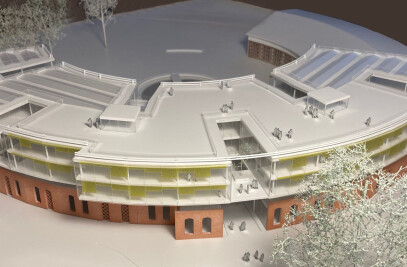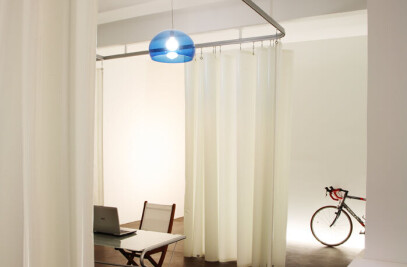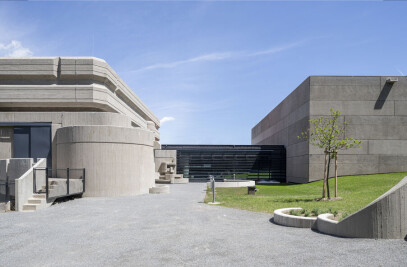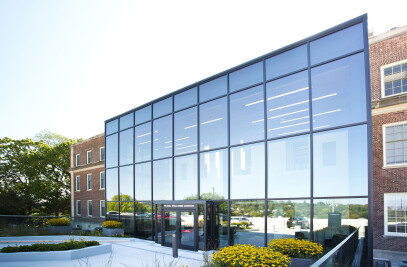The design for the aktionsraum 1 exhibition at the MUMOK in the Museums Quartier began with a question: How can Viennese Actionism be shown in an exhibition setting so long after it happened?

Based on the comprehensive archive owned by Egidio Marzona, including accurate documentation on the avantgarde collective displaying in Munich, the exhibition establishes an appropriate space to represent the work produced in an intensive one-year period in the early 1970s. A chronological timeline of the group’s actions—Aktionen, presented on a floating table in the contemporary space at the MUMOK—sets out the narrative of this avant-garde art movement. Documentary
materials—writings, letters, sketches, official notifications, omission declarations, protocols, and more—were collected by Alfred Gulden and have now been carefully selected by Sophie Haaser and Rainer Fuchs for each Aktion, to show the impact of this period on society and the arts. All the happenings or performances have been placed in chronological order, each in a recycled glass case within the now timeless floating exhibition display, and the information is amplified by films and prints projected onto the surrounding walls.

First, approaching the exhibition space, visitors encounter a dark room, showing an original extract from the film Aktionsraum-1 oder 57 Blindenhunde to introduce the theme. Then, moving past a black heavy curtain, they enter the main exhibition space with the floating chronology band, to be welcomed by the original artwork Waterbed by Klaus Rinke, and start their passage through the exhibition and through the chronologies.
Simply suspended from the ceiling the 84-meter-long table carries forty-eight glass boxes, representing the contents of all the avant-garde performances or installations of this one-year period of Aktionen in Munich. The visitors are guided chronologically through each of the groups’ happenings or temporary installations, outlining their act of resistance and defiance.





































